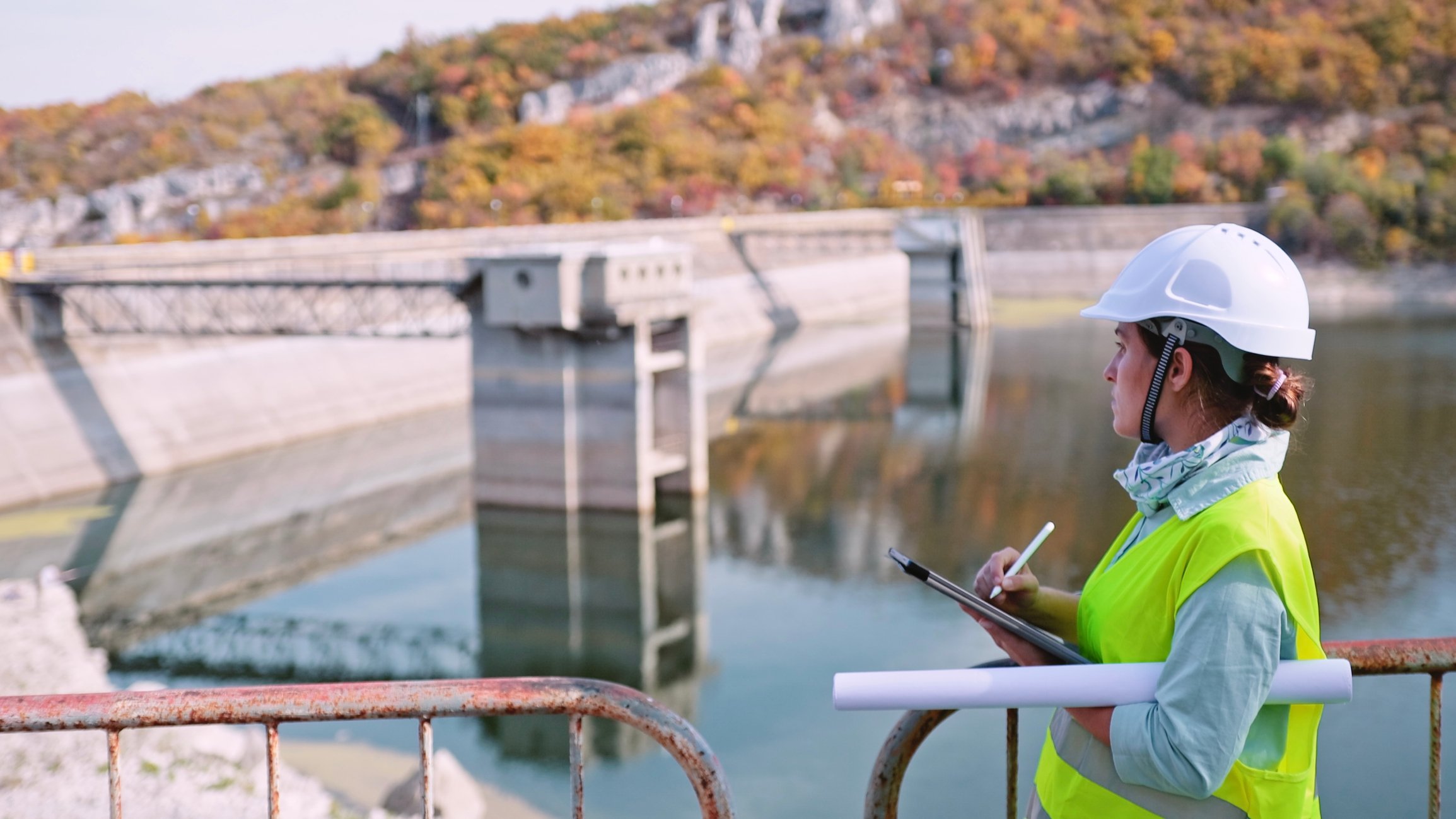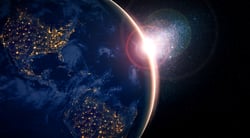What is the role of a hydropower engineer?
Hydropower engineers play a vital role in harnessing the power of water to generate clean and renewable energy. Their focus is on developing comprehensive hydropower system designs and layouts, ensuring the efficient utilization of water resources while adhering to technical, environmental, and safety standards. hydropower engineers collaborate with various stakeholders, including project managers, environmental specialists, and other engineering teams, to ensure the successful implementation of hydropower projects.
Ready to take the next step?
Loading component...
What do hydropower engineers do?
Hydropower engineers conduct meticulous analyses of water resources, project objectives, and environmental considerations to create detailed hydropower system designs, encompassing turbine configurations, dam layouts, water flow calculations, energy yield estimates, and budget projections. They work closely with project managers to set achievable milestones and deadlines, allowing for effective project monitoring and progress tracking.
Moreover, hydropower engineers continuously assess potential risks related to hydropower system designs and implement mitigation strategies to optimize energy production and minimize potential environmental impacts. They monitor the progress of hydropower projects, identify any deviations from the original design, and propose corrective actions to ensure the hydropower system remains efficient and eco-friendly.
Hydropower engineers utilize various hydrological modeling and simulation software to create and analyze hydropower and hydroelectric system models, water flow predictions, and energy production forecasts. These tools aid in effective hydropower system planning, performance optimization, and resource utilization.
What are the required skills for a hydropower engineer?
To excel as a hydropower engineer, individuals need solid technical and analytical skills which are essential for designing efficient hydropower systems and conducting performance analyses. hydropower engineers should also be great communicators, since they regularly need to convey complex technical information and project updates clearly and concisely. Additionally, they should have a strong understanding of hydropower and hydroelectric technologies and project management methodologies to develop effective and sustainable hydropower system designs.
Where do hydropower engineers work?
With their specialized expertise, hydropower engineers can find promising career paths within hydropower companies, where their skills are instrumental in designing, constructing, and maintaining hydropower plants, ensuring efficient energy production while minimizing environmental impact. Moreover, engineering firms specializing in renewable energy provide a dynamic platform for these professionals to innovate and develop cutting-edge technologies that maximize the utilization of water resources for power generation. In a world increasingly focused on reducing carbon footprints and transitioning towards greener solutions, hydropower engineers are also welcomed into the fold of government agencies dedicated to promoting sustainable energy alternatives. These agencies rely on their expertise to guide policy decisions, facilitate regulatory compliance, and drive initiatives that accelerate the adoption of hydropower and other clean energy sources.




